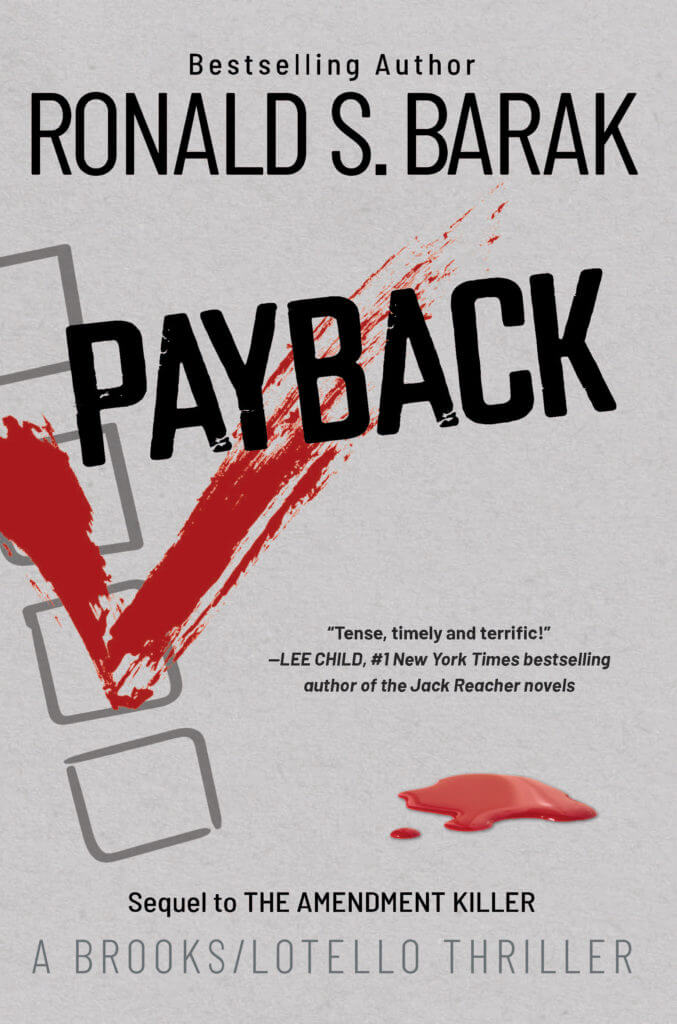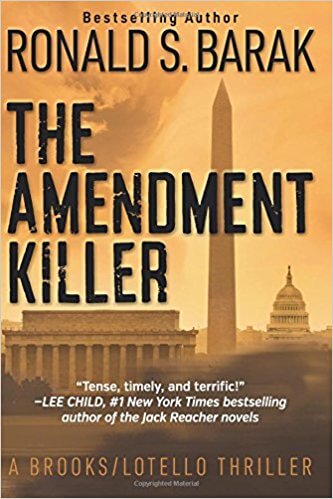 I don’t want to date myself, but when I started driving, if you got a traffic ticket for running a stop sign or going over the speed limit a bit, the fine was modest, $25 to $50. Only $10-$15 for a parking violation. Also, if you were willing to spend a little time “fighting” the ticket, the odds were very good that the officer who wrote the citation didn’t bother showing up to testify, in which case the citation was automatically dismissed.
I don’t want to date myself, but when I started driving, if you got a traffic ticket for running a stop sign or going over the speed limit a bit, the fine was modest, $25 to $50. Only $10-$15 for a parking violation. Also, if you were willing to spend a little time “fighting” the ticket, the odds were very good that the officer who wrote the citation didn’t bother showing up to testify, in which case the citation was automatically dismissed.
Times have changed. The State of California needs the money. So the fines have been increased. Dramatically. Parking fines are $60 to $150. Moving violations can reach $350. And they automatically double if the violation occurs in a construction area. And these days, at least in Los Angeles, where isn’t long overdue road repair construction work going on? And the fines go up above $800 if you miss the first payment deadline! (We eat tonight Governor!) And the priorities have changed for the officers issuing the citations. They show up to testify or they get in trouble with their superiors. (What? Do you think they’d rather be out on the streets? Today?)
So, today, these fines can really hurt. Many people can’t afford to pay these huge fines. But, if you decide to buy your groceries or make your mortgage payment instead, the court suspends your driver’s license. But what if you need your car, and thus your license, to get to work so you can continue to buy those groceries and pay that mortgage? Or to get to your medical appointments? Or to pick up your welfare checks?
Earlier this month, civil rights lawyers filed suit in Los Angeles accusing the Los Angeles County Superior Court of improperly suspending driving privileges for tens of thousands of poor people because they can’t afford to pay their traffic fines. (So far, the Los Angeles County Superior Court is the court that’s going to decide if the Los Angeles County Superior Court is doing anything wrong here. That’s cute! Maybe we could resolve this mess by allowing the cited drivers to decide whether they deserve their traffic tickets in the first place?)
The suit said the court triggers license suspensions by the Department of Motor Vehicles without determining whether the motorists “willfully” ignored fines or were too broke to pay the often exorbitant fines and penalties. The suit also alleged that suspensions disproportionately hurt black and Latino people. (What, don’t poor white folks also have the same constitutional right to complain about “cruel and unusual” punishment? And the same bills to pay? I know, I know, why rely on a sound legal argument when you can play the race card?)
The impact of traffic tickets on poor people came under scrutiny after the U.S. Department of Justice, in the wake of the police shooting of Michael Brown, found that Ferguson, Missouri’s license suspensions and other low-level enforcement fueled racial inequality.
A later study by legal and civil rights advocates found that more than 4 million Californians have had their licenses suspended for unpaid tickets since 2006. The highest suspension rates were in poor neighborhoods dominated by black and Latino residents, including Compton, Bell, Hawthorne and East Los Angeles. In Los Angeles County, from September 2013 through September 2015, black people made up only 9.2% of the population but accounted for 33% of those arrested for driving with a suspended license.
A bill proposed to stop automatic suspension of driving privileges for failure to pay minor traffic tickets is currently before the Assembly. Its fate is not yet clear.
Back to the lawsuit, which alleges one plaintiff lost her license after failing to pay a $700 fine for adjusting her seat belt while riding with her husband. The plaintiff and her husband are disabled and are living on fixed retirement and disability payments of $1,500 a month. After she told the court about her circumstances, the judge became quite sympathetic. He dropped the fine all the way down to $600.
For my vote (oops, since I’m neither the court, the legislature nor the governor, I guess I don’t have a vote so change that to voice, but that still doesn’t mean anyone is listening to me), I don’t see that the color of one’s skin has anything to do with this issue. Only two things should come into play here as far as I’m concerned: The net worth of the driver and how often the driver has been ticketed.
If the offending party’s record isn’t too bad (obviously we need to tighten up the meaning of “too bad,” but the DMV and insurance companies have a point system, which would be a good place to start), and if he or she really can’t afford the ticket (that has to be worked on too, net worth per person in the family, or some such thing), we could reduce (but not eliminate–no one should get a free pass for being a repeat bad driver) the fine. Or we could substitute some form of public service for some, but not all, of the fine. Or we could cover a portion of the driver’s fine by increasing his or her welfare benefits.
Join the discussion either by logging in just below or by signing into your favorite social media outlet. If you’re having trouble, please follow these instructions to guide you! Thanks!







